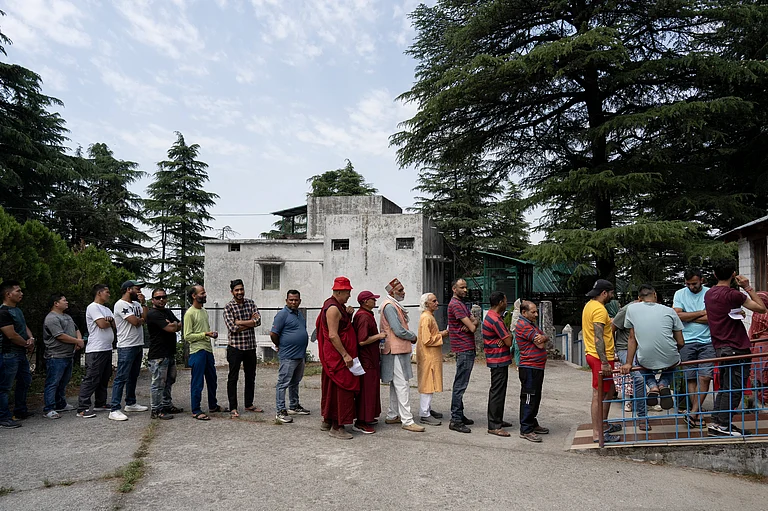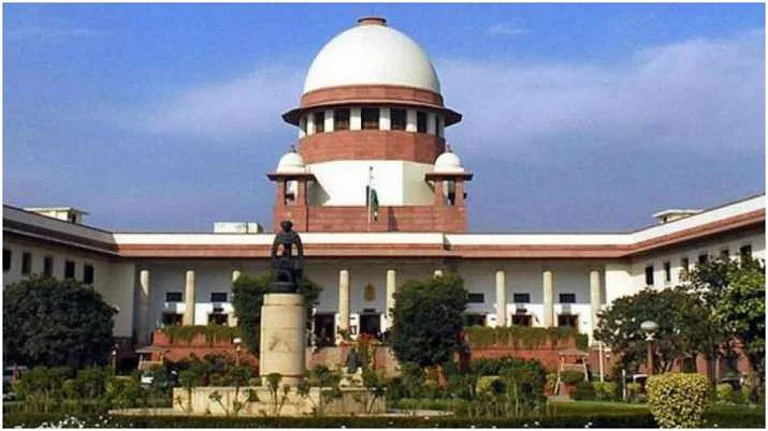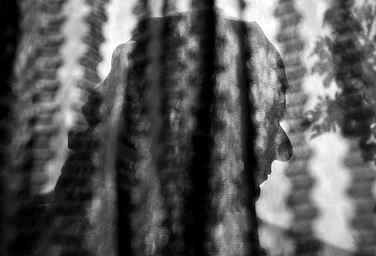In a landmark ruling, the Supreme Court last week held that a divorced Muslim woman is entitled to a claim of maintenance under Section 125 of CrPC, 1973, against her former husband – rejecting the contention that the Muslim Women (Protection of Rights on Divorce) Act, 1986, enacted after the Shah Bano judgement, will prevail over the secular law.
The court’s stance is in line with the 2001 ruling in Danial Latifi & Anr v. Union of India, where it ruled that Muslim husbands are liable to provide maintenance to their divorced wives beyond the iddat period, as mandated by Section 3(1)(a) of the Act.
The latest judgement has once again stirred the debate around a Muslim woman’s right to maintenance. Outlook takes a look at this contentious issue in this explainer.
What is the Muslim woman’s right to maintenance under CrPC?
Section 125 of the CrPC lays down rules dealing with maintenance of the wife, parents and children. According to the section, if any person having sufficient means neglects or refuses to maintain—
(a) his wife (married or divorced and who is unable to maintain herself)
(b) his legitimate or illegitimate minor child, whether married or not, unable to maintain itself, or
(c) his legitimate or illegitimate child (not being a married daughter) who has attained majority, but by reason of any physical or mental abnormality or injury unable to maintain itself, or
d) his father or mother, unable to maintain himself or herself,
The magistrate has the powers to order the person to pay monthly maintenance of an amount that the magistrate would deem fit.
What about the 1986 Muslim Women Act?
This Act allows only a divorced Muslim woman to seek her rights such as a reasonable provision for maintenance during the iddat period, Mahr, and other properties from the husband from whom she has obtained divorce/if he has divorced her. Amid confusion between the two, the Supreme Court in 2001 clarified that a Muslim woman's right to claim maintenance under CrPC cannot be set aside even if she has claimed her rights in the personal law.
What does the latest judgement say?
The latest judgement too clearly reiterates the aforementioned position.
A bench of justices BV Nagarathna and Augustine George Masih were hearing the petition of one Mohd Abdul Samad, who had challenged the order of the Telangana High Court refusing to interfere with the maintenance order of the family court. A family court, in 2017, directed him to pay Rs 20,000 maintenance per month to his former wife. Samad challenged this order in the Telangana High Court, which eventually refused to stay the order. He had contended that a divorced Muslim woman is not entitled to maintenance under Section 125 of CrPC and has to invoke the provisions of the Muslim Women (Protection of Rights on Divorce) Act, 1986.
In response, the Bench held that maintenance under Section 125 CrPC exists “in addition” to the provisions for maintenance under the Muslim Women (Protection of Rights on Divorce) Act, 1986 not “against” it. A Muslim woman is hence, not restricted from exercising her independent right of maintenance under the secular provision of Section 125 of CrPC 1973, “provided she is able to prove the requisites encompassed by the said statute,” Justice Masih opined.
“The Parliament did not simultaneously, or at any time, thereafter, create any bar for a divorced Muslim woman from claiming maintenance under Section 125 CrPC, and thereby constrain her to proceed to make a claim only under the provisions of the 1986 Act… If a divorced Muslim woman approaches the Magistrate for enforcement of her rights under Section 125 CrPC, she cannot be turned away to seek relief only under the 1986 Act. In other words, a divorced Muslim woman is entitled to seek recourse to either or both the provisions. The option lies with the woman,” Justice Masih also observed.
Meanwhile, the husband has a right to challenge this application of a former wife under Section 127(3)(b) of the CrPC on the basis of the maintenance already provided by him under personal law and that the provided amount was sufficient for the wife to maintain herself.
But hasn’t CrPC been replaced?
Yes. The new criminal laws came into effect in the country on July 1. The Bharatiya Nyaya Sanhita, 2023; Bharatiya Nagarik Suraksha Sanhita, 2023; and Bharatiya Sakshya Bill, 2023, have replaced the Indian Penal Code (1860), the Criminal Procedure Code, and the Indian Evidence Act respectively. As a result, the Criminal Procedure code is no longer in effect.
However, the current case was filed in 2017, when the CrPC was still in force. Hence, the judgement has come on the basis of the provisions of the previous criminal law.
Although the court hasn’t explicitly stated that the judgement would be applicable to the new laws as well, the BNSS provides for similar provisions regarding maintenance. Section 144 of the BNSS in this regard states that when any person neglects to maintain his wife, children or parents, maintenance can be claimed by applying a Judicial Magistrate of first class.



























